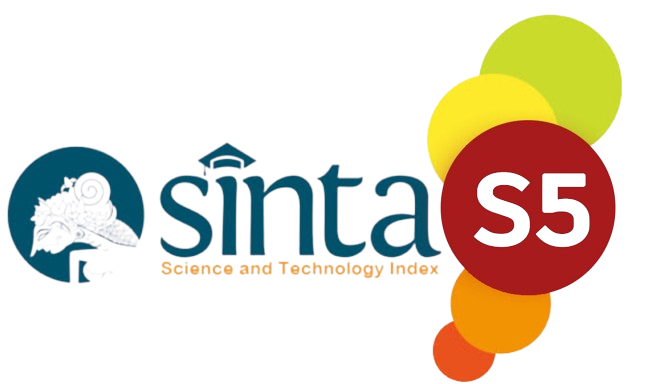Analysis of Student Perception on Teacher-Student Interpersonal Relationship in Chemistry Teaching
Abstract
Keywords
Full Text:
PDFReferences
Den Brok, P., Fisher, D., & Koul, R. (2005). The Importance of Teacher Interpersonal Behaviour for Secondary Science Students' Attitudes in Kashmir. Journal of Classroom Interaction Vol. 40, No. 2, 5-19.
Fisher, D., & Rickards, T. (1998). Associations Between Teacher-Student Interpersonal Behaviour and Student Attitude to Mathematics. Mathematics Education Research Journal Vol. 10 No. 1, 3-15.
Goh, S. C. (1994). Introducing A Model of Interpersonal Teacher Behaviour. Journal Teaching and Learning Vol. 15 No.1, 30-40.
Maulana, R. dkk. (2011). Teacher-Student Interpersonal Relationship in Indonesia: Profiles and Importance to Student Motivation. Asia Pasific Journal of Education, 33-49.
Maulana, R. dkk. (2012). Teacher-Student Interpersonal Relationships in Indonesian Lower Secondary Education: Teacher and Student Perceptions. Learning Environment Research Vol. 15, 251-271.
National Science Teachers Association. (2003). Standards for Science Teacher Preparation. Arlington, VA: National Science Teachers Association. Diakses dari https://www.nsta.org/preservice/docs/NSTAstandards2003.pdf pada tanggal 01 Januari 2016.
Reid, C., & Fisher, D. (2008). Teacher Interpersonal Behaviour: Its Influence on Student Motivation in Science. Proceedings of the Fifth International Conference on Science, Mathematics and Technology Education Udon Thani, Thailand (pp. 437-45). Perth: Key Centre for School Science and Mathematics.
Wubbels, T., & Brekelmans, M. (2005). Two Decades of Research on Teacher-Student Relationship in Class. International Journal of Educational Research Volume 43, 6-24.
Wubbels, T. dkk. (2006). An Interpersonal Perspective on Classroom Management in Secondary Classrooms in the Netherlands. In T. Wubbels, M. Brekelmans, P. d. Brok, & J. Tartwijk, Handbook of Classroom Management: Research, Practice, and Contemporary Issues (pp. 1161-1191). Mahawn NJ: Lawrence Erlbaum Associates.
Wubbels, T. dkk. (2015). Teacher-Student Relationships and Classroom Management. In E. T. Emmer, & E. J. Sabornie, Handbook of Classroom Management: Second Edition (pp. 363-386). New York: Routledge.
DOI: https://doi.org/10.24952/lavoisier.v2i1.8093
Refbacks
- There are currently no refbacks.
Copyright (c) 2023 Dessy Maulidina, Salamah Agung, Luki Yunita

This work is licensed under a Creative Commons Attribution-ShareAlike 4.0 International License.







Lavoisier:Chemistry Education Journal is licensed under a Creative Commons Attribution-ShareAlike 4.0 International License. Copyright © 2022 Lavoisier: Chemistry Education Journal.All rights reserved.


